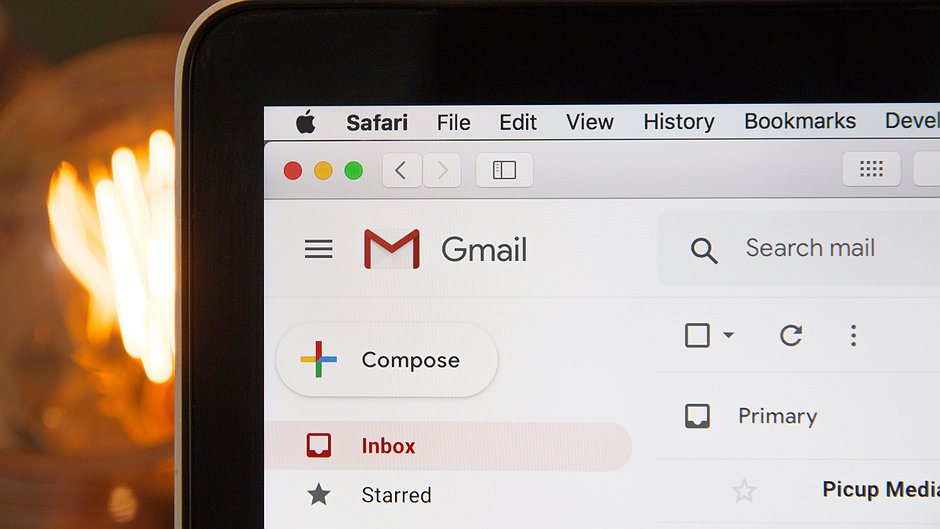
10 tips for more secure email
Email is an important part of the work that you do, but it is also a very insecure tool. Most emails have no encryption, which means that it is possible for organisations like the internet service provider (ISP) in the path of the email being sent to intercept and read the mail. Also, the service provider may be legally forced to hand over copies of any mail on their servers to governments who demand them. Here are some basic steps you can take to make yourself more secure.
1. Set up two-factor authentication
2. Delete old emails
3. Limit the information you share
4. Be cautious of opening unexpected attachments
5. Keep separate email accounts for separate projects or groups
6. Use HTTPS
7. Be aware of security alerts
8. Check where your account has been accessed from
9. Check your access granted
10. Encrypt email
Want to find more about digital security? Take Security First’s Secure Communications course on Advocacy Assembly for free.
Related courses

90 mins
 School of Data
School of Data
90 mins
 School of Data
School of Data Rory Peck Trust
Rory Peck Trust
50 mins
 Rory Peck Trust
Rory Peck Trust
Blogs

6 useful resources for journalists covering Covid-19
With a global pandemic spreading throughout the world, journalists are under increasing pressure to report accurate and relevant news for the masses. Often when covering a crisis, those on the reporting frontlines compromise their physical safety and mental health. To show some solidarity, the Advocacy Assembly team curated a list of useful resources from other organisations leading the way on this.

5 ways to find data for your next story
Data journalism is fast becoming a big trend in newsrooms across the globe. However, data isn’t always so easy to find. Here are five ways to get data for your next article.



